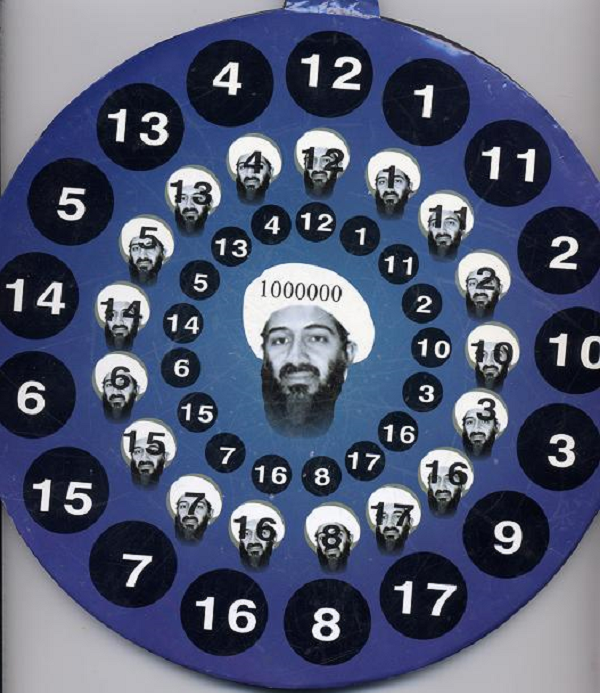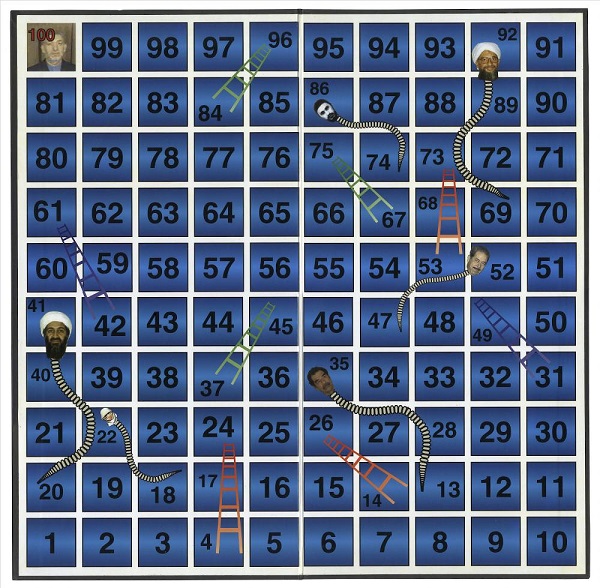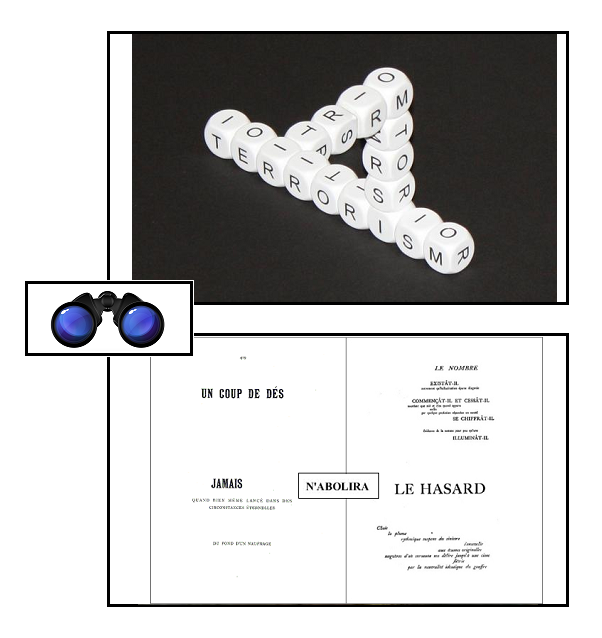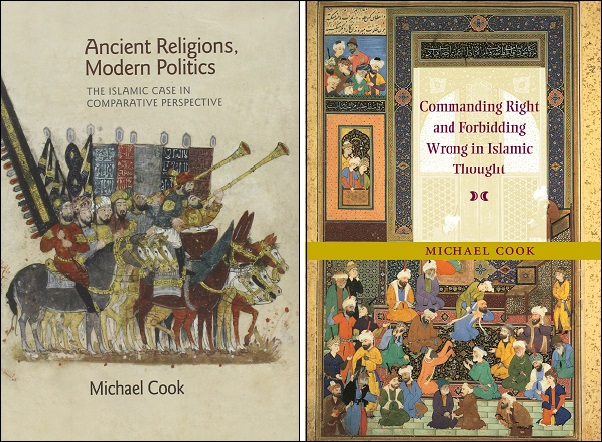Ramadan
Friday, June 26th, 2015[ by Charles Cameron — Ali Soufan and Maajid Nawaz ]
.
Back to back in my Twitter feed early today — a DoubleTweet:
Ramadan, the month of blood.
— Maajid Nawaz (@MaajidNawaz) June 26, 2015
Fridays of Ramadan are devoted for prayers and worship not terrorism and murder- All through history truth alway won, murderers alway fall.
— Ali H. Soufan (@Ali_H_Soufan) June 26, 2015






